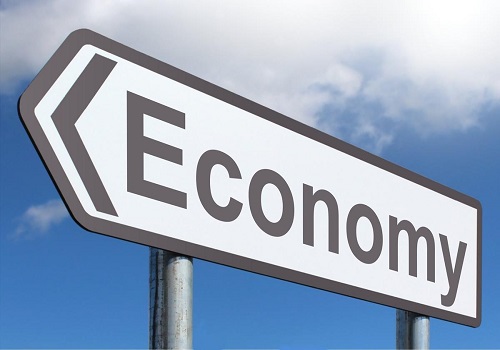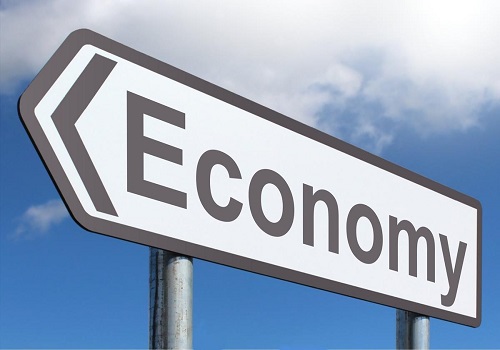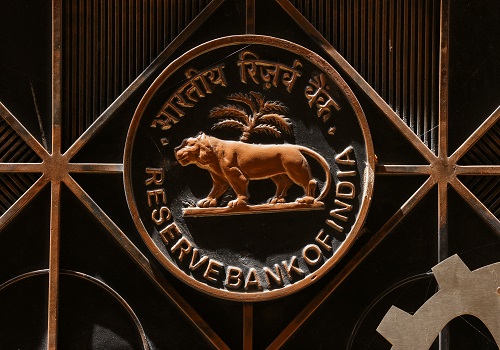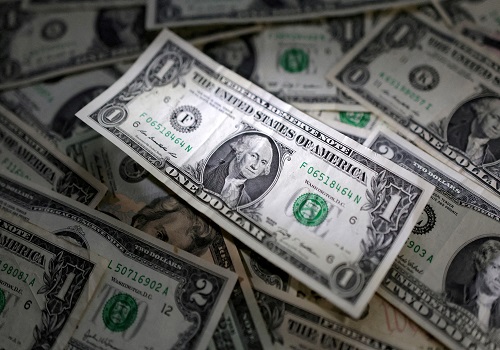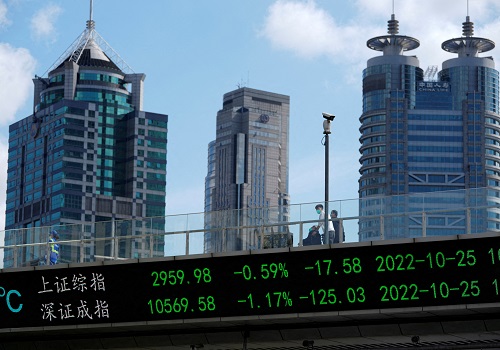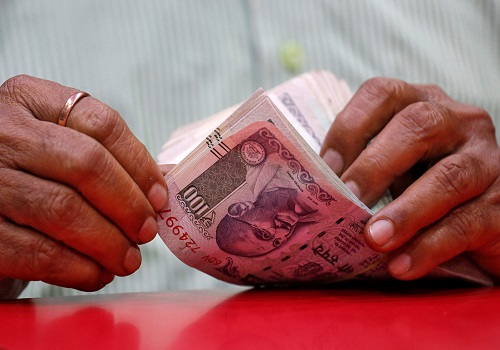Stocks wait on Fed minutes, dollar strides off 1-month low
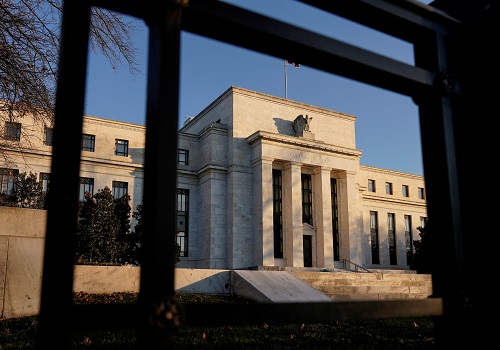
Follow us Now on Telegram ! Get daily 10 - 12 important updates on Business, Finance and Investment. Join our Telegram Channel
LONDON - Stock markets stalled and the dollar moved off a 1-month low on Wednesday as traders waited for news on just how aggressively the U.S. Federal Reserve - the world's most influential central bank - might jack up interest rates in the coming months.
Nerves about a global recession were jangled on Tuesday by weak U.S. housing market data, but European and Asian trading had seen the mood gradually strengthen only to then see it splutter again.
Hints of more stimulus from China and a welcome tick up in German consumer morale initially lifted Europe's STOXX 600 0.6% but it was struggling to stay in positive territory as another choppy U.S. session loomed [.EU]
Oil was creeping up again, which along with higher food prices meant more fuel for rising inflation that central banks globally are now struggling to contain.
The U.S. Federal Reserve has vowed to act aggressively by hiking the cost of borrowing and minutes from its most recent meeting, due at 1400 ET (1800 GMT), will be parsed for clues regarding the speed and extent of those actions. [.N]
Investors currently expect a series of 50-basis-point rate hikes over the next several months, stoking fears that it could easily bring the world's largest economy to a standstill.
"From our perspective the fears of recession are real," said Salman Baig, a portfolio manager on Unigestion's cross-asset solutions team, adding "the Fed has a very difficult job on its hands" to engineer a "soft landing".
The U.S. dollar index - which measures the currency against six major rivals - and has fallen around 3% since hitting two-decade highs earlier this month, rebounded 0.5% to a level not seen since April 26. [/FRX]
The Reserve Bank of New Zealand became the latest central bank to raise interest rates by half a point. While that move was expected - it was its fifth in a row - it also warned bigger and faster hikes may well be needed.
"A larger and earlier increase in the (official cash rate) reduces the risk of inflation becoming persistent, while also providing more policy flexibility," the RBNZ said in its post meeting statement.
That had helped the kiwi dollar rise as much as 0.8% at one point to a three-week peak of $0.6514. But as the U.S. dollar gained momentum, it ceded those gains and by 1300 GMT, traded flat at $0.6458.
The other big mover was Turkey's lira < TRYTOM=D3>, which having already plunged 8% this month and 19% this year, looked to be causing another serious bout of trouble for the country.
Bond markets were largely in a holding pattern, meanwhile, ahead of the Fed minutes, and after ECB chief Christine Lagarde gave her strongest hint yet this week that it will soon deliver its first interest rate hikes in over a decade. [GVD/EUR]
06b3785d-81cd-4731-a537-79e21ed751dc3
GRAPHIC: Global markets in 2022 (https://fingfx.thomsonreuters.com/gfx/mkt/gdpzyekzqvw/Pasted%20image%201653479289169.png)
DISLOCATION
Wall Street futures were giving back overnight gains after the Nasdaq Composite had dropped 2.35% and the S&P 500 lost 0.8% on Tuesday.[.N]
They had been hit by weak housing and manufacturing data and as some Fed policymakers backed two more big interest rate hikes as early as June and July to fight inflation now running at a 40-year-high.
New home sales in the U.S. fell 16.6% month-on-month in April, the largest decline in nine years, sending U.S. Treasury yields to one-month lows as investors turned once again to safety. The benchmark 10-year note dipped to 2.729% from over 3% earlier in the month in Europe. The 2-year U.S. yield was back at 2.50% and 10-year German Bund yields were down at 0.917%.
ECB Executive Board member Fabio Panetta fanned the moves as he said stimulus needed to be curbed gradually to avoid what he described as a "normalisation tantrum" by markets.
Colin Asher, a senior economist at Mizuho said the drop in bond yields in recent weeks showed how concerns about a global slowdown are now rising.
"In the first few months of the year, the focus was on surging inflation and now its more of stagflation," he said, referring to the mix of no growth but still-high inflation.
Investors in Asia had remained similarly nervous about growth being impacted by the effects of persistent Chinese COVID-19 lockdowns, which threaten to undermine recent stimulus measures in the world's second-largest economy.
MSCI's broadest index of Asia-Pacific shares closed broadly flat. Australian and Korean shares did rise 0.4% and Taiwan and Hong Kong's Hang Seng advanced 0.8% and 0.2% respectively. But Japan's Nikkei share average slipped 0.2%.
"In Asia, investor debate centers on whether or not China's easing policies are sufficient to offset downward pressures,” Stephen Innes of SPI Asset Management said.
Among the main commodities, gold prices dipped 0.2% to $1,862.27 per ounce, having risen to their highest in two weeks on Tuesday, as the greenback gained. Oil prices climbed more than 1% on the prospect of tight supplies. U.S. crude futures rose to $111.05 a barrel, and Brent rose to $114.86.












 320-x-100_uti_gold.jpg" alt="Advertisement">
320-x-100_uti_gold.jpg" alt="Advertisement">


